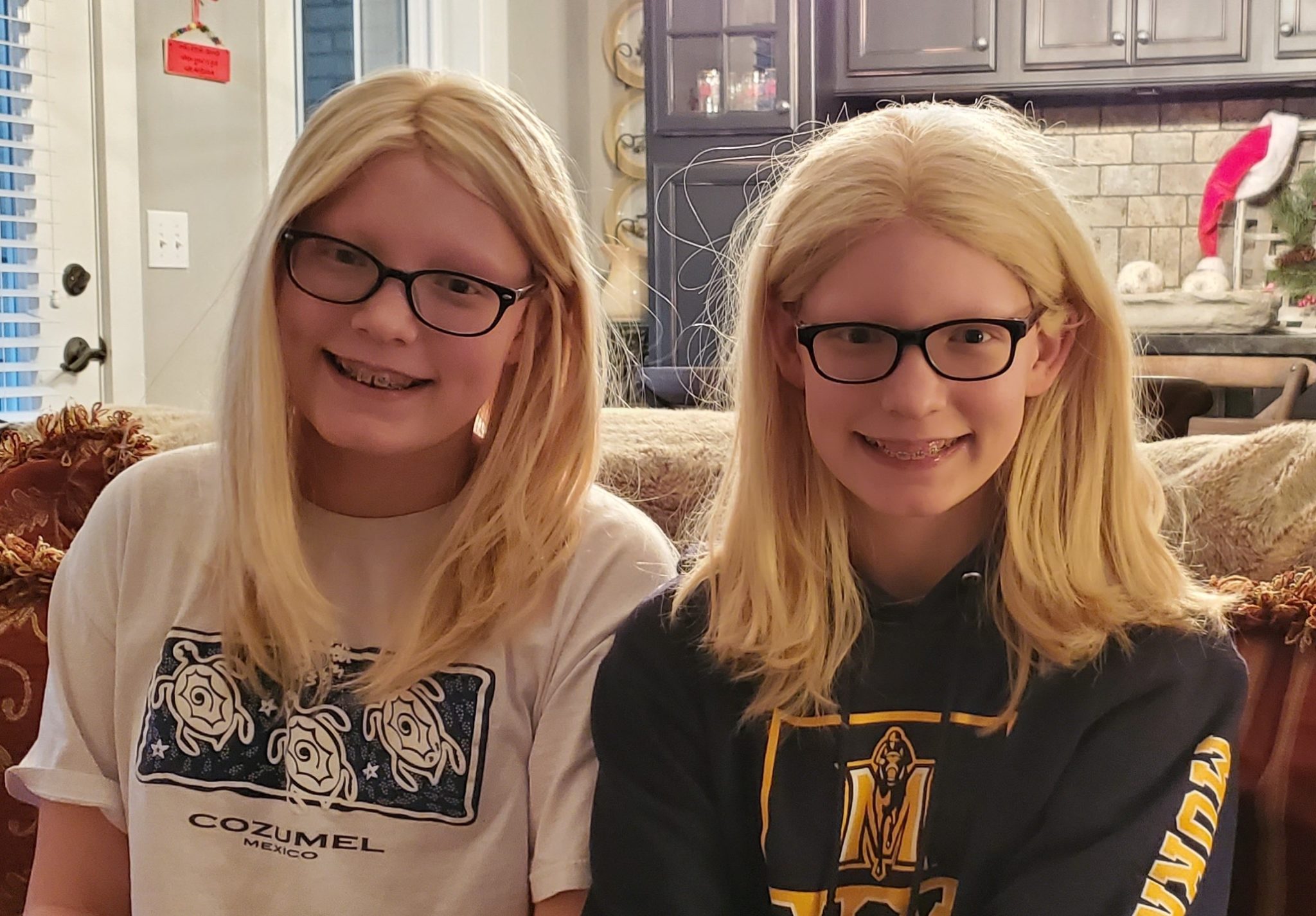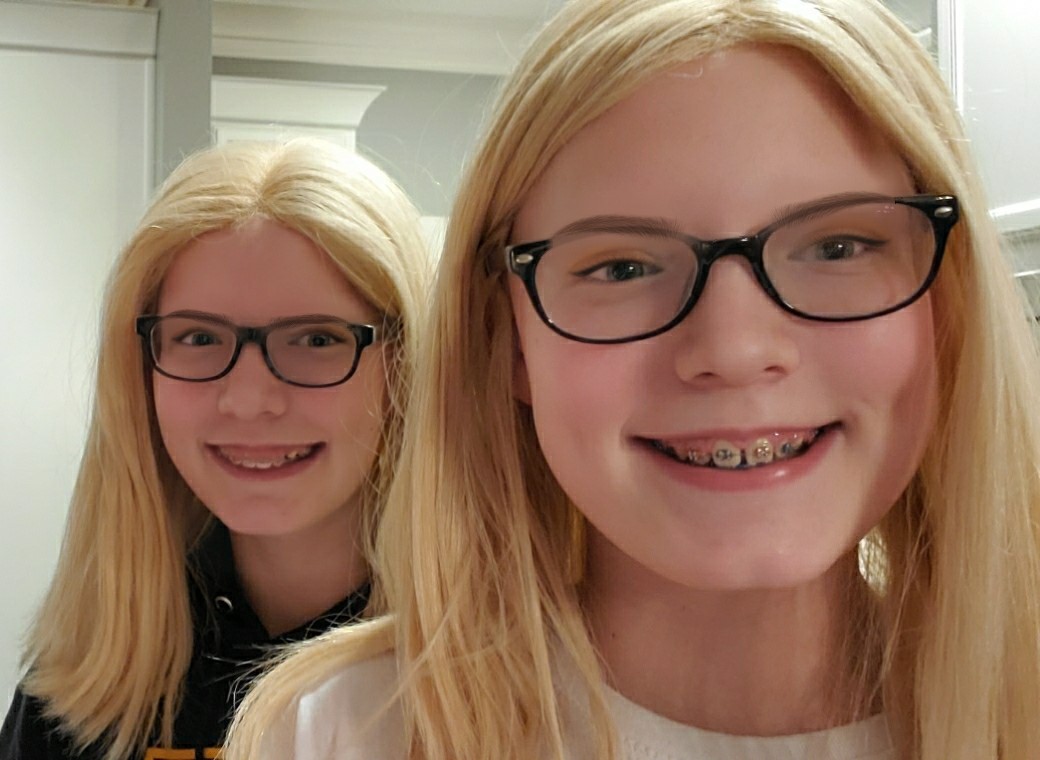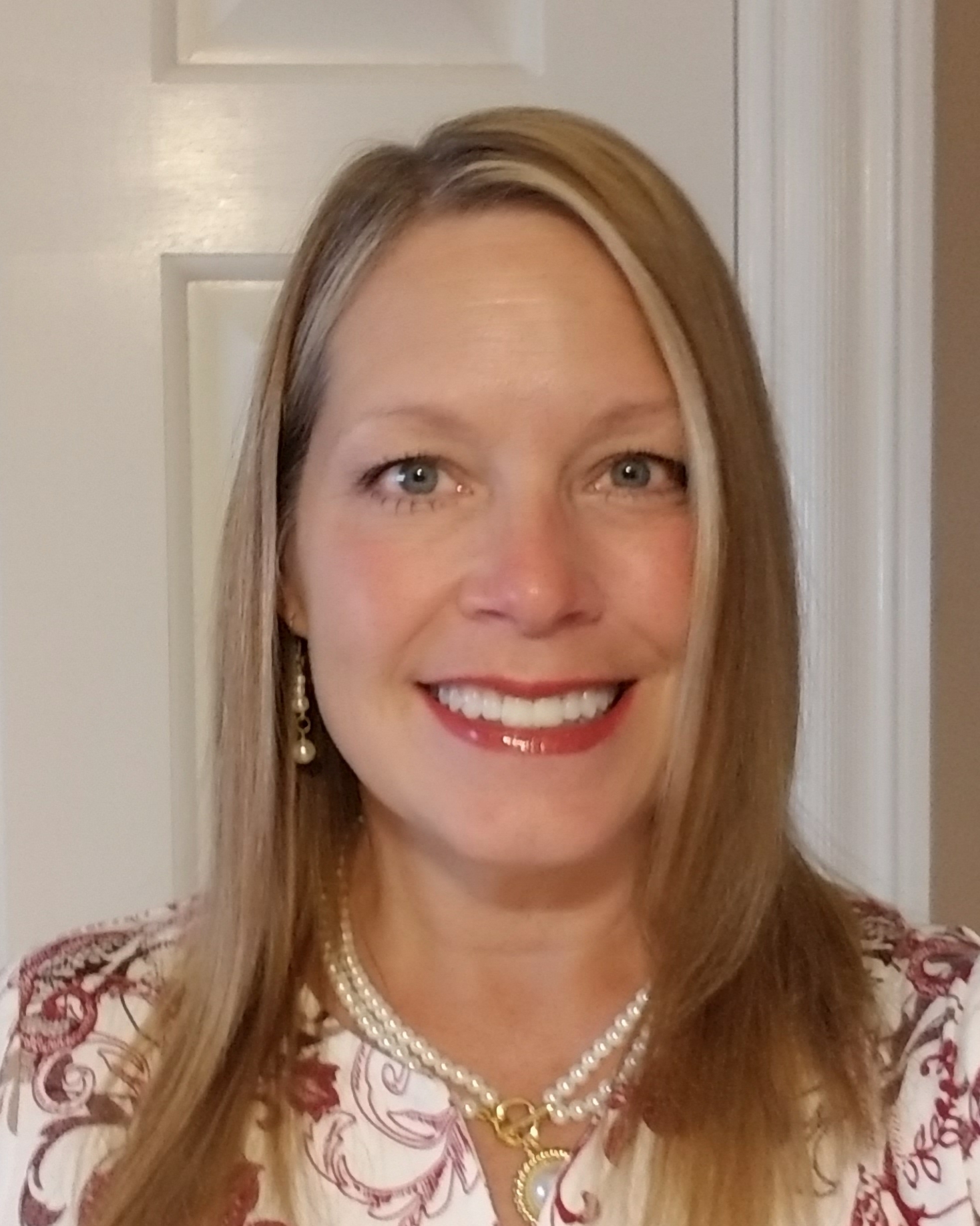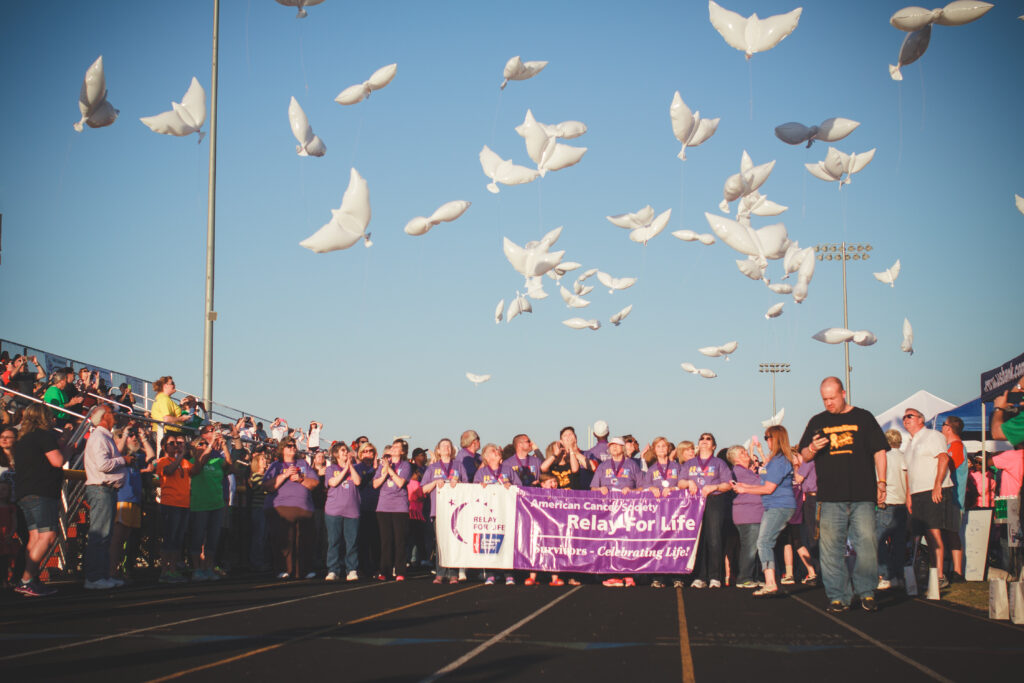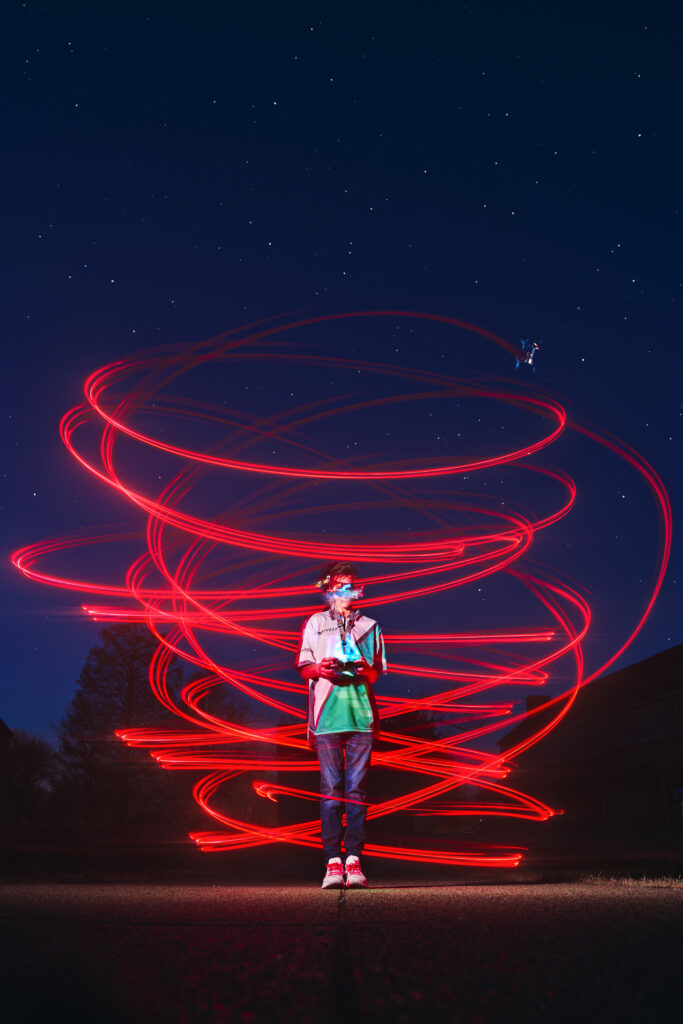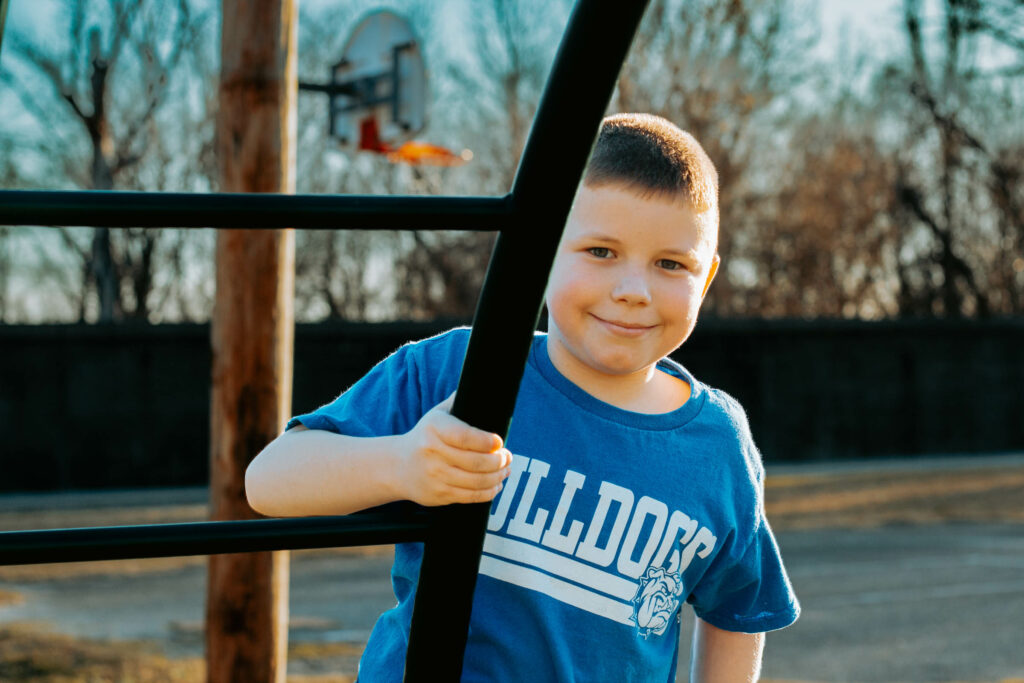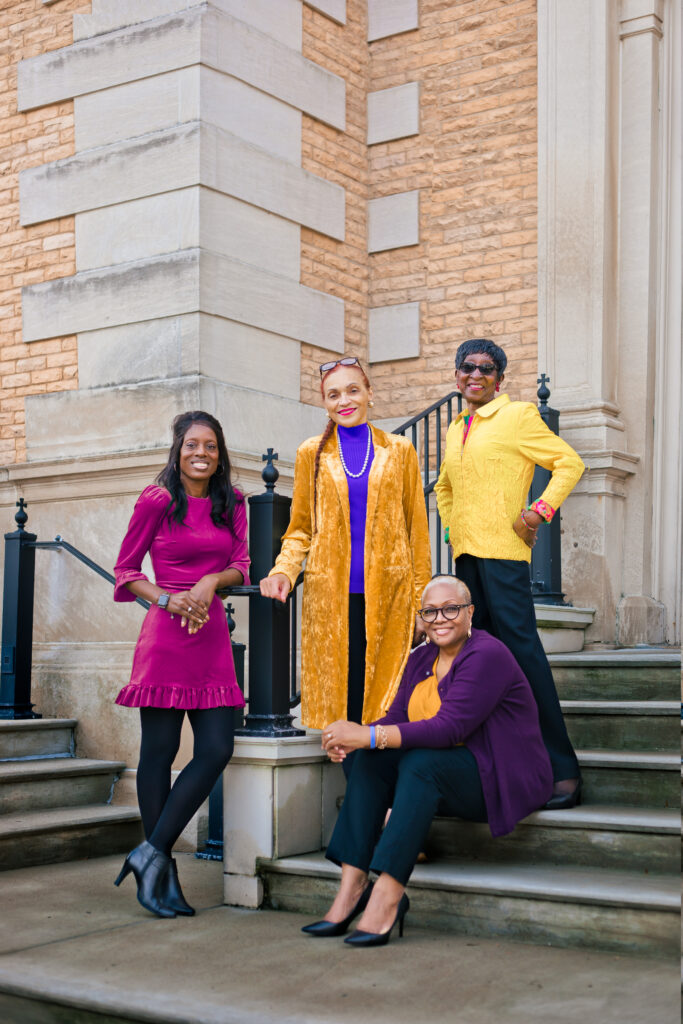Whenever we see a woman or child with no hair, we automatically assume they are under treatment for cancer. I think that is because cancer is becoming more common and many people don’t know about the autoimmune disorder called Alopecia. My friend Marti Erwin has twin granddaughters with Alopecia.
From her Facebook photos, I had seen pictures of her granddaughter Ellie, and understood what Alopecia was, but I had never known anyone with the disorder. Seeing her granddaughter’s photos and how beautiful and precious she was, living like a normal little girl – because she is, helped me to see Alopecia as it is – just an auto-immune disorder.
Alopecia areata is a common autoimmune skin disease, causing hair loss on the scalp, face and sometimes on other areas of the body. In fact, it affects as many as 6.8 million people in the U.S. with a lifetime risk of 2.1%. People of all ages, both sexes and all ethnic groups can develop alopecia areata. It often first appears during childhood and can be different for everyone who has it.
When I was a kid, I knew a student that was albino and at the time, I thought he was scary. Nobody explained to me what albinism was, so my imagination (and television) made me think of him as an alien.
When most kids see something that is uncommon, it makes them afraid – afraid of what they don’t know. If someone is different than them, they are timid to approach them because they don’t understand. They may want to ask questions, but don’t know the right way that would not offend.
My dad had polio, and when I was a kid I grew up thinking it was normal that he walked with crutches. Of course, going to grade school or church where other kids asked questions, made me realize that my Daddy was different. But because I was fortunate enough to have a dad with a disability, it helped me to see that he was just the same as everyone else – but had a disability. That just made my dad work harder and he achieved many things. And it made me more aware of others with disabilities and to treat them ordinarily.
Having a disability or disorder or anything uncommon, doesn’t take away from us being who we are or were created to be. It just means our paths are different. We may be headed in the same direction, but we all have something in which we are given that makes us walk a different path to get there. Things we fight or things we overcome. It isn’t just those with disorders who have a struggle on their hands.
We all face different struggles in our lives, but some things may not be obvious to others. There are kids who face poverty and their parents struggle to pay bills and to keep food on the table. There are kids who have a parent who is sick – maybe an alcoholic, or with diabetes, or depression. This makes that child’s life different than their friends who don’t have the same issues, but nobody could see it or understand why they may not be able to do things the other kids do, such as affording to play sports, or to go to certain events. Maybe a child is born without a limb, or without the ability to walk or to see or to hear.
The thing is, every person we meet has something they deal with or will deal with in life even if it isn’t as obvious. And we can’t always compare our lives with theirs or think we are ‘different’ and can’t live our lives normally. That is simply not true.
After shaving my head, I asked Marti if I could talk with her granddaughter who has Alopecia because I am writing about my own experience having no hair and also talking with others who don’t have hair. Marti told me that both of her granddaughters have Alopecia. Symptoms showed up in Morgan about a year and a half ago.
Marti checked with her granddaughters to see if they would be interested in talking with me, and asked their parents if it was okay. They agreed and I looked forward to meeting with them.
After school, we met at their grandmother’s house. It was good to see Marti again. When the girls came in, they sat on the couch and we recorded a short interview with my phone. They expressed how they felt being different than other kids.
I asked Ellie, who got alopecia when she was two years old, how old she was when she first noticed she was different not having hair. She said, “When I was a little older, I realized people were staring at me and didn’t know why. I thought I was normal.” I assured her she is normal and that you can be different and be normal.
Ellie is a normal, shy girl who loves school academics. She is on the Speech and Debate team at Calloway County Middle School. Since alopecia happened to her when she was a toddler, Ellie grew up with it and it probably wasn’t as upsetting as when her sister Morgan had discovered bald patches in her hair a little over a year ago, and decided to shave the rest of her hair.
Identical twins, with different personalities, have the same auto immune disorder, but with different experiences. The twins both choose to wear blonde wigs, and they bought hairpieces that stay on well. Though they still say they would not be able to do certain things other kids do, because their hair piece could come off.
Morgan expressed an interest in cheerleading, but she is afraid that some of the jumps or acrobatics would make her wig fall off. She does however, enjoy singing in the Calloway Middle School Choir. The girls are well-adjusted, normal preteens, who like making friends and enjoy school.
As we talked, I asked them about their belief, and found we share the same faith, so I proceeded to tell them my thoughts, that God created them having this path for a reason. They have a purpose, as each of us do as we walk our different paths. I encouraged them to seek the opportunities the Lord gives them, having alopecia.
They probably have more compassion than most girls their age who have never had to deal with a disorder, and because they understand what it feels likes to have something uncommon that sets them apart, they may come across others who have something they deal with and Ellie and Morgan will be fine young ladies with great empathy.
They look forward to trying different makeup looks. They also don’t have eyelashes so they would not be able to wear mascara, but could experiment with eyeshadows and eyeliners. I took a picture of these beautiful ladies and after the interview, we took a selfie together. For fun I added makeup with a makeup app.
When I asked if they were ever bullied, they thankfully said no. Though, Morgan expressed that she felt bad when people asked her about it. I tried to make her feel better by explaining that asking questions is how we understand and accept something we have no knowledge about. Still, maybe we don’t have to ask questions. Maybe we can just be a friend, even if we don’t always understand what someone else goes through. We are all on different paths, and each of us have our own journeys. As we cross paths, let’s always be kind, and always be a friend. CLICK HERE for video: https://youtu.be/e4vEJTjeIbQ
For more information on Alopecia, go to the website for National Alopecia Areata Foundation at https://www.naaf.org/alopecia-areata


